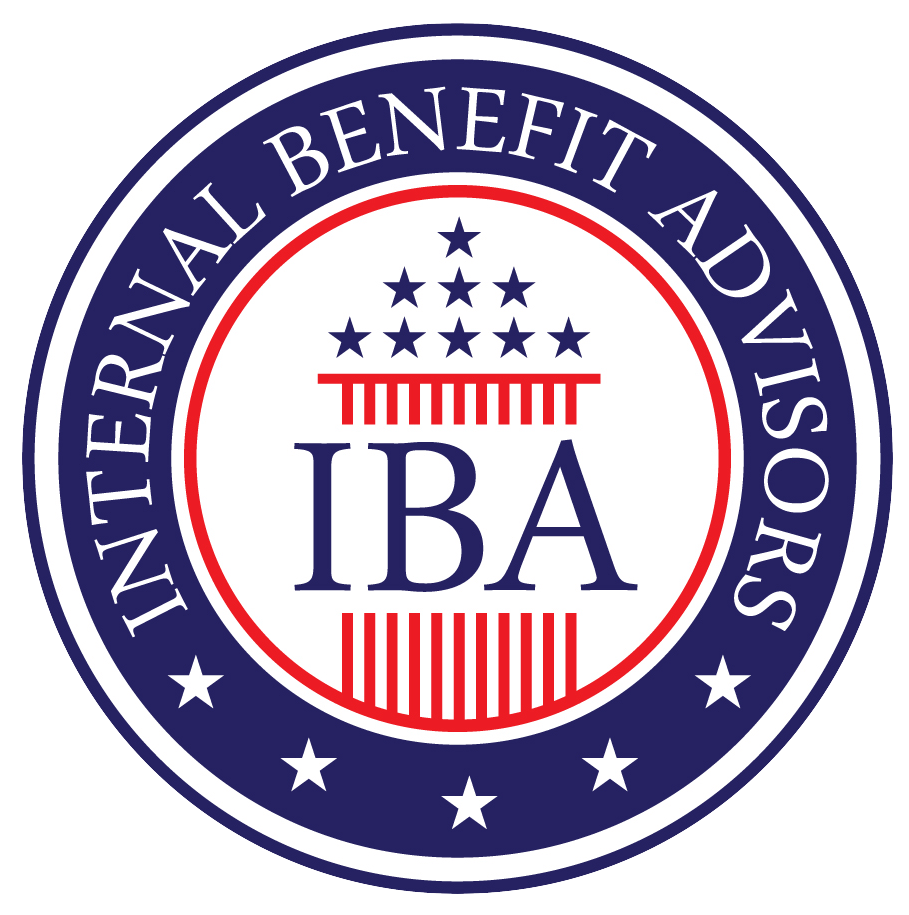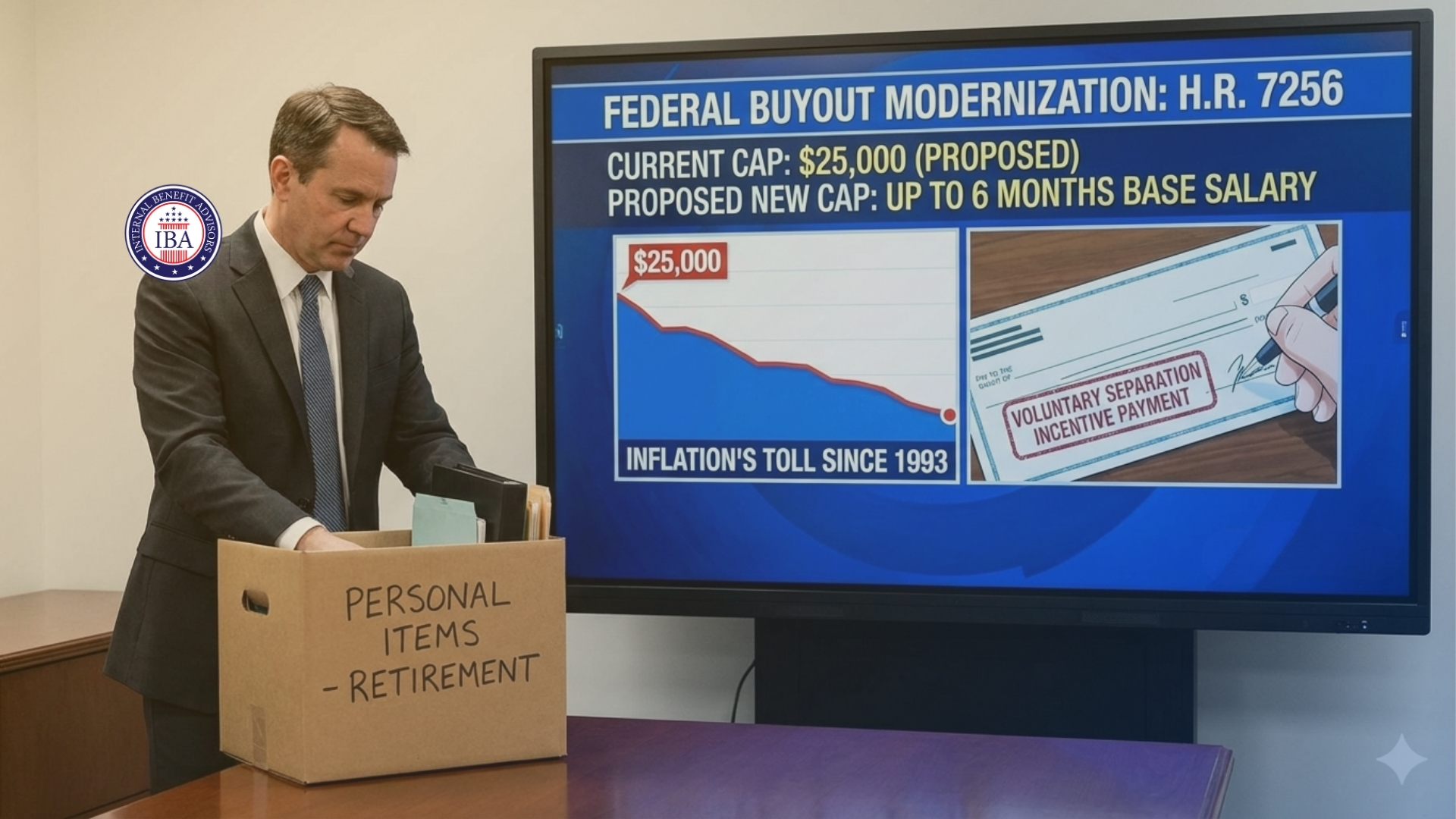A major tax law change is set to take effect at the end of 2025, and it could have a significant impact on your family’s financial future. The current, historically high estate tax exemption is scheduled to be cut in half, a change that will pull millions of additional households—including many federal employees and retirees—into the reach of the federal estate tax. As highlighted in a recent FEDweek article, this is a critical moment to revisit and update your estate plan to avoid a surprise tax bill that could cost your heirs dearly.
The Looming Tax Cliff
The Tax Cuts and Jobs Act of 2017 doubled the federal estate tax exemption. For 2025, this exemption stands at $13.61 million per person, or over $27 million for a married couple. This means you can pass on assets up to this amount without facing the federal estate tax, which carries a steep 40% rate. However, this provision is temporary. On January 1, 2026, the exemption is set to revert to its pre-2017 level, which, adjusted for inflation, is projected to be around $7 million.
This isn’t a problem just for the ultra-wealthy. Consider the assets of a typical long-term federal employee: a home that has appreciated significantly over the years, a Thrift Savings Plan (TSP) balance that may have grown to over a million dollars, a FERS or CSRS pension, and existing life insurance policies. When combined, these assets can easily push a family’s estate over the new, lower threshold. A recent report from the Congressional Budget Office (CBO) projected that the number of taxable estates will more than double in 2026 as a result of this change. Many families who have never had to think about the estate tax will suddenly be exposed.
Proactive Planning is Your Best Defense
The good news is that with proactive planning, you can take steps now to protect your assets and your heirs from this looming tax cliff. Strategies like establishing trusts, gifting assets during your lifetime, and optimizing your life insurance are powerful tools. However, the rules are complex, and the strategies that worked when the exemption was over $13 million may no longer be effective. An outdated estate plan can be just as dangerous as no plan at all.
This is where specialized, expert guidance is not just a benefit but a necessity. Internal Benefit Advisors is dedicated to educating federal and state employees on the intricacies of their benefits and how they fit into a comprehensive financial and estate plan.
Here’s how they can help you prepare for the 2026 changes:
- Comprehensive Retirement and Estate Analysis: They can provide a complete analysis of your federal benefits, including your pension, TSP, and FEGLI, to give you a clear and accurate picture of your total estate value. This is the essential first step in determining your potential exposure to the estate tax.
- Integrating Your Benefits into Your Estate Plan: Your federal benefits are a core component of your estate. They can work with you to ensure your beneficiary designations are up-to-date and aligned with your overall estate planning goals, helping to avoid costly mistakes.
- Empowerment Through Education: The world of trusts and estate taxes is complex. Internal Benefit Advisors provides the clear, unbiased education you need to understand your options and make confident, informed decisions to protect your family’s financial future.
The clock is ticking on the current estate tax exemption. The decisions you make—or fail to make—in the coming year will have a lasting impact on your family’s inheritance.
Take the definitive step to protect your legacy. Contact Internal Benefit Advisors today for a consultation and ensure your estate plan is ready for 2026.
References
- FEDweek. “Trusts and Estate Tax in 2025: Why Many Federal Employees May Need to Revisit Old Plans.”
- Congressional Budget Office (CBO). (2025). An Update to the Budget and Economic Outlook: 2025 to 2035.
- Internal Revenue Service (IRS). (2025). Estate Tax.
- Internal Benefit Advisors. Retrieved from https://internalbenefitadvisors.com




